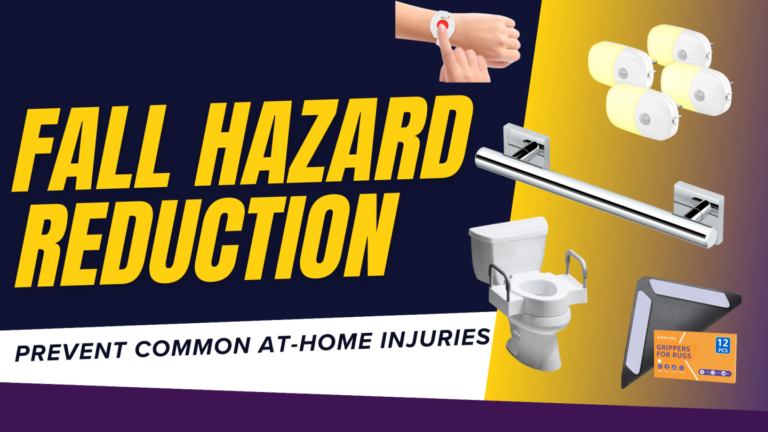Whooping Cough Cases Triple in Colorado: Essential Information You Need
Whooping Cough Surge in Colorado: What You Should Know
When it comes to vaccine-preventable diseases, whooping cough is one that can slip under the radar. But if you’re living in Colorado, you might want to perk up your ears—whooping cough cases have tripled recently! What does that mean for you and your loved ones? Let’s dive into the essential information you need to know!
What is Whooping Cough?
So, what exactly is this elusive illness? Officially known as Bordetella pertussis, whooping cough is a highly contagious respiratory disease that primarily affects children but can pop up in anyone who hasn’t been vaccinated. It gets its name from the loud “whoop” sound people make when they try to breathe in after a coughing fit—imagine a car engine starting in the cold!
Typically, you might think of a cough as just a cough, but whooping cough is no laughing matter. It can lead to severe complications, particularly in babies, including pneumonia, seizures, or even hospitalization.
The Surge—What’s Happening in Colorado?
In Colorado, health officials are sounding the alarm: cases of whooping cough have tripled in recent months! So, why this sudden surge? Experts believe the increase is linked to a combination of factors:
- Vaccine Hesitancy: Some parents are opting out of vaccines due to various concerns, leading to more unvaccinated individuals in the population.
- Waning Immunity: Even if you’ve been vaccinated, immunity can fade over time—especially if you haven’t had a booster shot.
- Increased Awareness: More and more people are aware of what to look for, leading to more reported cases.
It’s like a perfect storm, where different elements come together to create an outbreak.
Symptoms to Watch Out For
Understanding the symptoms of whooping cough can save lives. The illness generally starts with mild symptoms, making it easy to mistake for a common cold or flu at first. Here’s what to look out for:
Early Symptoms:
- Runny Nose
- Sneezing
- Mild Coughing
- Low-Grade Fever
As the Illness Progresses:
- Intense Coughing Fits
- The “Whoop” Sound: This is especially notable when gasping for air.
- Vomiting or Gagging After Coughing
- Exhaustion After Coughing Spells
In babies, the signs may be subtler but terribly dangerous. They may turn red or blue during a coughing spell or even stop breathing for a short time. If you see this, do not hesitate to seek immediate medical attention.
Risk Factors for Whooping Cough
Now that you know what symptoms to watch out for, it’s important to identify who is at higher risk. While anyone can contract whooping cough, some are more vulnerable than others:
- Infants: Babies under one year are at the highest risk.
- Unvaccinated Children: Older kids and adults who haven’t received their booster shots are also susceptible.
- Pregnant Women: They can pass the bacteria to their newborn, putting the baby at risk.
- Elderly Individuals: Older adults may have waning immunity and could contract the disease more easily.
Prevention is Key!
As the saying goes, “An ounce of prevention is worth a pound of cure,” and when it comes to whooping cough, this couldn’t be more true.
Here’s how you can keep yourself and your loved ones safe:
- Get Vaccinated: The DTaP vaccine is essential for children, while adults should receive the Tdap booster. Check your vaccine status!
- Practice Good Hygiene: Regular hand washing and covering your mouth when coughing or sneezing can make a big difference.
- Stay Informed: Awareness can lead to early detection. Keep an eye on local health resources and news updates.
- Avoid Contact: If you’re feeling under the weather, it’s smart to limit contact with others, especially young children.
Treatment Options
Alright, let’s say you or someone you know does contract whooping cough. What’s the game plan?
First off, early diagnosis is crucial! If caught in the early stages, whooping cough is treatable with antibiotics, which can help reduce symptoms and limit spread.
However, once the coughing fits begin, it’s less effective to rely solely on antibiotics. Instead, supportive care becomes the name of the game, which may include:
- Staying Hydrated: Lots of fluids can help ease the irritation in the throat.
- Soothing Coughs: Using a cool mist humidifier or saline nasal drops can provide relief.
- Rest: Letting the body recover is vital, and you’ll be back to your usual self more quickly.
Just remember, if someone in your household contracts whooping cough, it’s vital to inform your healthcare provider. They might recommend preventive antibiotics for family members to stop the spread before it spirals out of control.
The Importance of Awareness
So, now you’re probably wondering, “What’s the takeaway here?” Beyond the symptoms and treatment, the key takeaway is awareness. With cases tripling, the problem isn’t going away anytime soon.
Being proactive can cut down on the number of cases drastically. Whether it’s spreading the word about vaccinations, teaching your kids about good hygiene, or simply being on the lookout for symptoms, every small action counts toward protecting your community.
Conclusion
The rise of whooping cough cases in Colorado is more than just a health statistic; it’s a call to action for everyone. By staying informed, getting vaccinated, and recognizing the symptoms, we can help turn the tide against this sneaky disease.
The challenge lies in our hands—let’s work together to keep ourselves, our children, and our communities safe!
FAQs
1. What vaccine is used to prevent whooping cough?
The DTaP vaccine for children and Tdap booster for adults are the standard vaccines used to prevent whooping cough.
2. How contagious is whooping cough?
Whooping cough is highly contagious and can spread easily through respiratory droplets from coughs or sneezes.
3. Can adults get whooping cough?
Yes, adults can contract whooping cough, especially if they haven’t had a booster shot in several years.
4. What should I do if I suspect I have whooping cough?
Seek medical attention immediately for diagnosis and potential treatment options.
5. Is whooping cough serious for infants?
Absolutely! Infants are particularly vulnerable and can face severe complications, including hospitalization.







